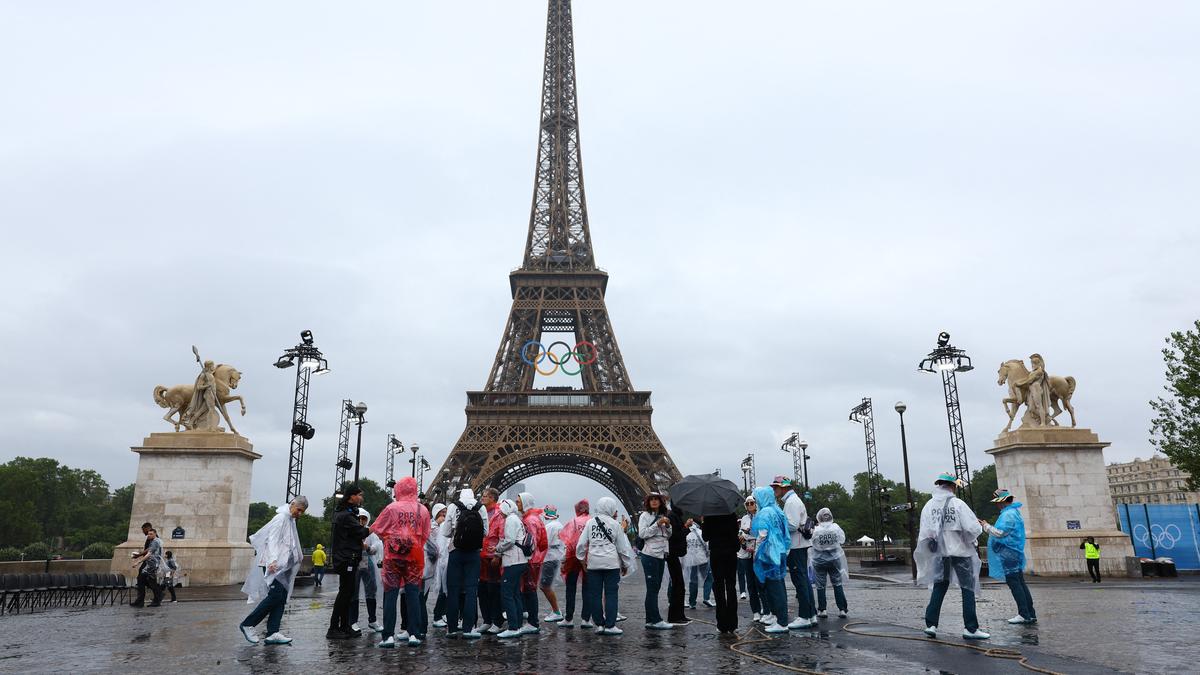The modern Olympic Games have come a long way in terms of gender equality, with Paris 2024 setting a new benchmark as the most gender-equal Games ever. The journey to this milestone has been a gradual one, marked by significant milestones and the unwavering efforts of women athletes and advocates.
When the Games were revived in 1896, women’s participation was non-existent. It was not until the 1900 Paris Games that 22 women were reluctantly allowed to compete, representing a mere 2.2% of the total athletes. Paris again took the lead in 1924, with over 100 women participating, a significant increase from previous editions.
The road to equality was not without its challenges. Athletics, one of the most popular disciplines, only permitted women to participate in 1928. The women’s marathon event was not added until 1984. Other sports, such as swimming, fencing, and gymnastics, gradually welcomed women athletes from 1912, 1924, and 1928 respectively.
The post-World War II era saw a steady increase in women’s participation, reaching 34% in the 1996 Atlanta Games. The International Olympic Committee (IOC), in collaboration with International Federations and National Olympic Committees, has played a crucial role in promoting gender equality in sports.
Paris 2024 has not only achieved numerical equality but has also embraced its spirit. The Games will feature the mixed team race walking event and schedule the women’s marathon as the final event, a symbolic gesture that highlights the progress made in women’s sports.
The journey to gender equality in the Olympics has been a testament to the determination and resilience of women athletes. From the pioneering women who broke barriers in the early 20th century to the current generation of Olympians, their contributions have paved the way for a more inclusive and equitable sporting landscape.






